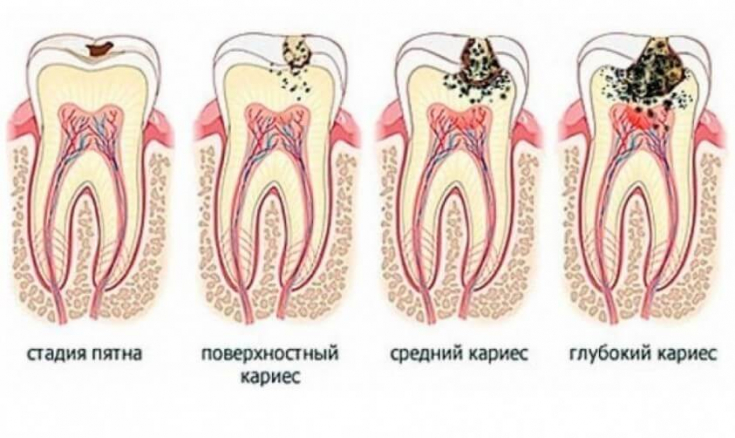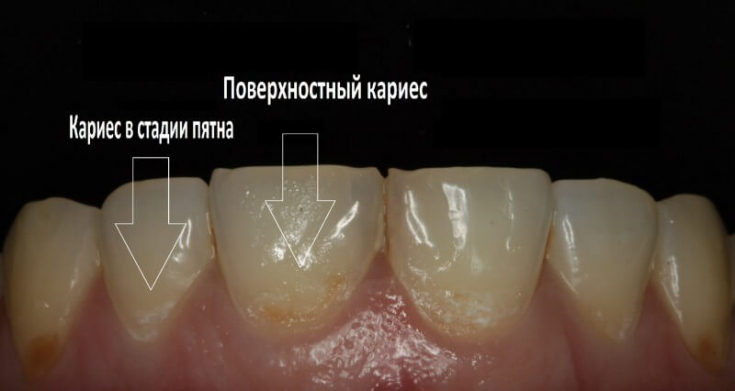The vast majority of people associate the need to go to the dentist with a feeling of psychological discomfort and fear.
The case can be especially poignant when it comes to children.
In some cases, the child's anxiety before dental manipulation is so strong that it leads to an uncontrollable reaction, agitation and makes it impossible to perform dental treatment at all.
Find out in the article on estet-portal.com about modern drugs and methods , which significantly increase the effectiveness of dental treatment in children and allow you to overcome the fear of these manipulations.
- Methodology for assessing the safety of sedating a child before dental treatment
- Study results of sedation before dental treatment
- Conclusions from studies on the use of sedative drugsin
Methodology for assessing the safety of sedating a child before dental treatment
Safe and effective sedative therapy for a child before dental treatment − a question that is relevant both for him and his family, and for the doctors themselves.
Follow us on Instagram!
Scientists at King's College London, Dental Institute, UK, UK, reviewed 50 randomized controlled trials to determine the effectiveness of sedatives in children prior to dental treatment.
Gingivitis: signs, diagnosis, treatment, complication
The analysis was conducted to identify effective and safesedatives that will improve behavior control in a child during dental treatment.

50 randomized controlled trials (RCTs) involving 3704 participants under 16 years of age.
Of the 34 sedatives evaluated in the clinical study, the authors present the results of a meta-analysis oforal midazolam versus other sedative drug groupsc.
How oral health affects overall health
Study results of sedation before dental treatmentThe use of
oral midazolam at a dose of 0.25mg/kg to 1mg/kg allowed for better control of children's behavior at the dentist's office compared to placebo (within the meta-analysis of studies).
Studies have shown that midazolam is an effective sedative for children to control fear of dental treatment.Safety of sedatives: side effects of chloral hydrate and ketamine
Among the 34 sedatives evaluated for safety in a clinical study, the authors present results from studies ofchloral hydrate and ketamine.
It was these sedatives that were associated with the mostside effects.
When usingketamine in children during the first day after dental treatment, side effects such as:
- psychomotor agitation;
- nausea;
- vomit.

chloral hydrate at high doses (more than 50 mg/kg body weight) in combination with inhaled nitric oxide is associated with respiratory system side effects , in particular with upper airway obstructionth.
Dental tissue engineering using stem cells
Conclusions from studies on the use of sedativesThus, according to the results of the study, oral midazolam is an effective sedative for children who receive dental treatment.
The use ofchloral hydrate and ketamine in children was associated with the highest number of adverse events.
Inflammation of the root of the tooth: what are the causes and how to treat
At the same time, scientists note the need for better research on the efficacy and safety of the use ofsedative drugs in pediatric practice, as well as their interaction with nitric oxide.
This will allow the safest and most effective dental treatment in children, since in this age period there is a very high risk of developingcaries and generalization of infection in case of systemic diseases.
Effective treatment of vitiligo







Add a comment